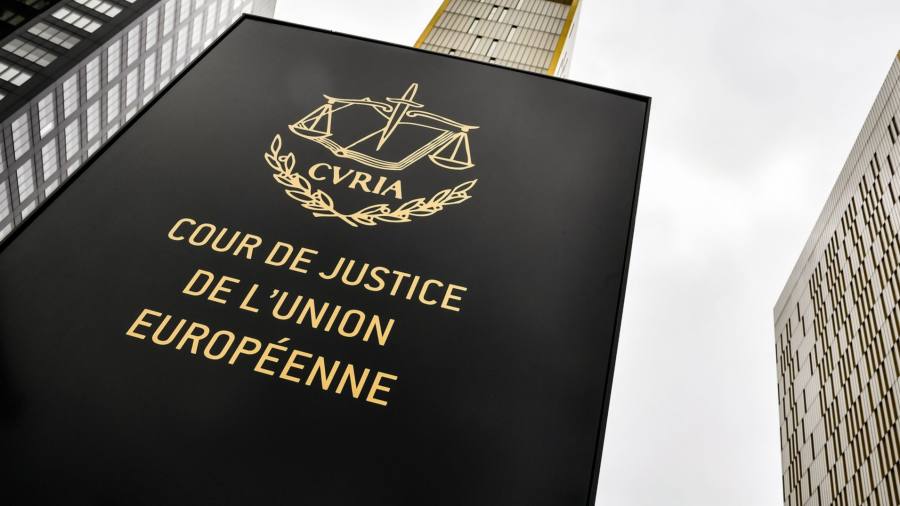
European countries have begun taking down public registers of who owns their companies in the wake of a shock court ruling that campaigners have condemned as a major step backwards in the fight for corporate transparency and against economic crime.
Luxembourg and the Netherlands on Wednesday closed their public beneficial ownership registers, which show the ultimate owners of their companies, following the ruling from the Court of Justice of the European Union, which invalidated public access.
Its judgment found that “the general public’s access to information on beneficial ownership constitutes a serious interference with the fundamental rights to respect for private life and to the protection of personal data”, according to a press release from the court.
Luxembourg’s online register showed a short message on Wednesday indicating that it was “temporarily suspended” following the court decision. A similar message appeared on the Netherlands’ site.
Campaigners said the decision removed a crucial tool in the fight against kleptocracy and the abuse of shell companies. Maíra Martini, an expert in corrupt money flows at non-profit Transparency International, said it “takes us back years”.
“Access to beneficial ownership data is vital to identifying — and stopping — corruption and dirty money. The more people who are able to access such information, the more opportunity to connect the dots,” she said.
Brussels first introduced public registers through anti-money laundering rules in 2018. It pledged to tackle the use of shell companies for terrorism and financial crime, and increase scrutiny of companies by civil society.
The court’s ruling puts it at odds with the UK, which was one of the first countries in the world to introduce a public beneficial ownership register in 2016. The government’s second economic crime bill, currently going through the British parliament, will force those company owners to verify their identity too, following long-running criticism about the accuracy of information on the corporate register.
Thom Townsend, executive director of Open Ownership, said: “The UK’s corporate transparency regime, if new legislation passes to give Companies House the power to effectively verify the data it holds, could well be ahead of the EU.”
The CJEU was asked to rule on the issue following complaints from a number of individuals and companies who appealed to the Luxembourg registry for their names to be kept private. The ruling, which names two plaintiffs WM, the beneficial owner of Luxembourg real estate company Yo, and Sovim SA, which is also registered in the state.
In a statement, Mishcon de Reya lawyer Filippo Noseda, who represented one of the appellants, said it was a “victory for data protection and the rule of law in an extremely politicised context”.
He added that “high-profile public campaigns run by highly organised and single-minded transparency campaigners” had ‘stymied’ the principle of proportionality.
In a statement on Tuesday the European Commission said it took note of the judgment, would “thoroughly analyse the implications” and stood “ready to work with the co-legislators to ensure full compliance with the judgment”.
Martini said the court had recognised that civil society and the media had a legitimate interest in accessing the information, given their fight against money laundering, meaning “all is not lost”.
Roland Papp, senior policy officer at Transparency International, said the European parliament should urgently “include precise provisions that reconcile public access with privacy and security concerns” in new money laundering rules.